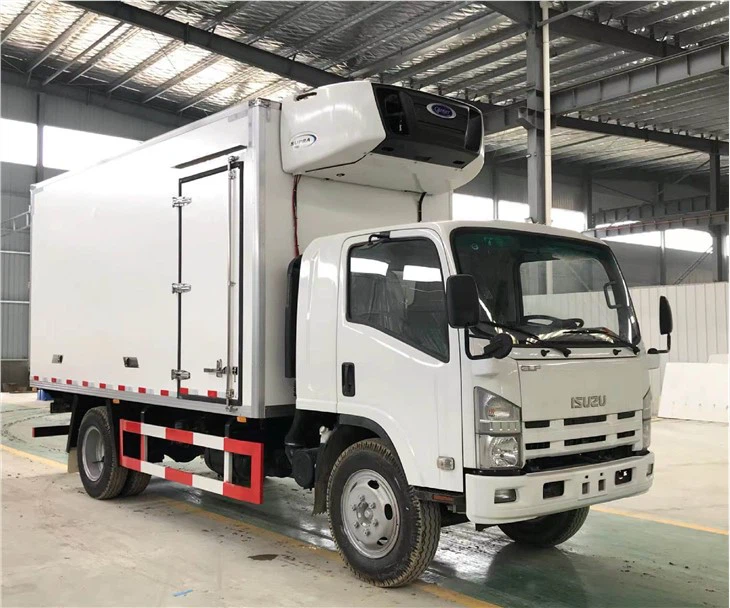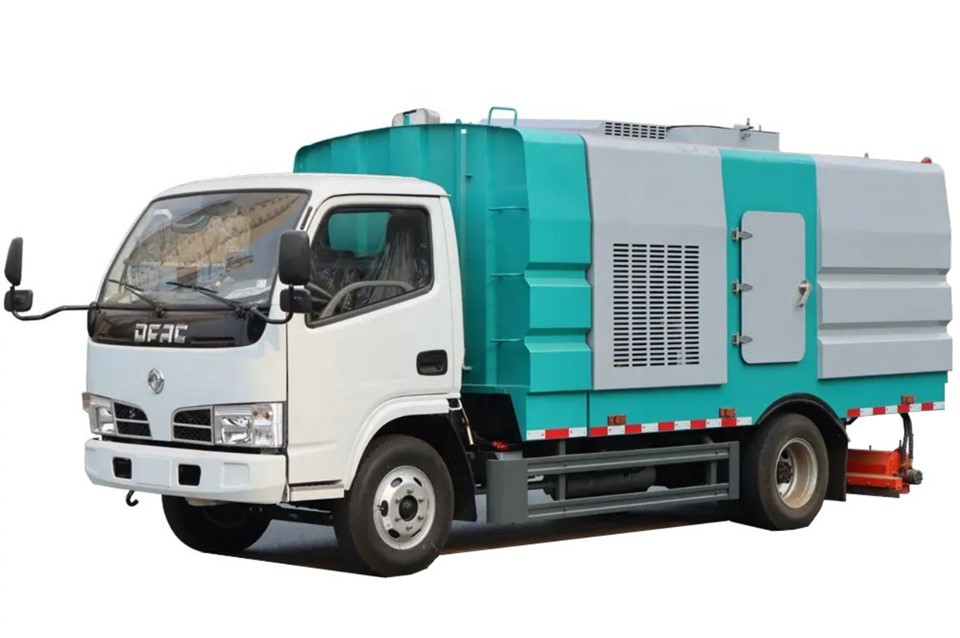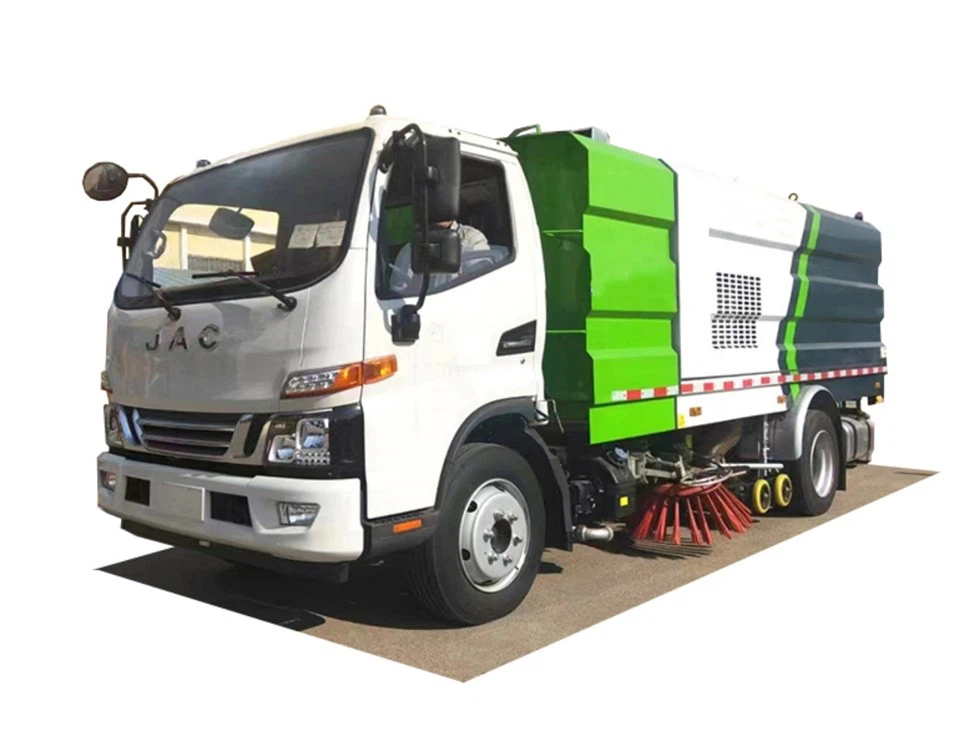Understanding Propane Gas Storage Tanks: A Comprehensive Guide

Propane gas storage tanks provide a reliable and efficient way to store propane for various applications, including heating, cooking, and fueling vehicles. In this article, we’ll delve deep into everything you need to know about propane gas storage tanks, their types, safety measures, installation, and much more.
What is Propane?
Propane is a colorless, odorless gas that is commonly used as a fuel source for heating, cooking, and powering various appliances. It is a byproduct of natural gas processing and petroleum refining and is widely used in residential, commercial, and industrial settings due to its high energy content.
Types of Propane Gas Storage Tanks
1. Above Ground Storage Tanks

Above ground storage tanks are installed above the surface of the ground and are easily accessible for refilling and maintenance. They come in various sizes, from 20 gallons to 1,000 gallons and more. Here are some advantages:
- Easy to install and maintain
- Visible, making it simple to assess fuel levels
- Less expensive compared to underground tanks
2. Underground Storage Tanks
Underground storage tanks are buried beneath the ground, which offers an aesthetic advantage and protection from weather conditions. These tanks are generally larger and can hold from 500 gallons to more than 10,000 gallons. Benefits include:
- Space-saving design
- Less exposed to vandalism and environmental damage
- Temperature stability for propane storage
3. Portable Propane Tanks
Portable propane tanks, such as those used for BBQ grills and camping stoves, are smaller and designed for easy transportation. Commonly available sizes include 20 lbs (often used for residential BBQs) and refillable cylinders. Their benefits include:
- Convenience for outdoor activities
- Ease of refilling at service stations
- Variety of applications, from home use to travel

Propane Tank Sizes and Capacities
Understanding the size and capacity of propane tanks is crucial for your needs. Below is a table summarizing common propane tank sizes and their capacities.
| Tank Type | Capacity (gallons) | Uses |
|---|---|---|
| 20-lb Cylinder | 4.5 | BBQ grills, portable heaters |
| 100-lb Cylinder | 23.6 | Construction heaters, outdoor equipment |
| 500-gallon Tank | 500 | Residential heating, farm use |
| 1,000-gallon Tank | 1,000 | Commercial applications, large businesses |
Installation Considerations for Propane Storage Tanks
1. Location
The location of your propane tank affects safety and accessibility. For above ground tanks, they should be placed at least 10 feet from any building or other structures. Underground tanks must also adhere to local codes and regulations.
2. Compliance with Regulations
Before installation, it is essential to consult local codes and regulations regarding propane storage. Failure to comply may result in fines and safety hazards.
3. Professional Installation
Hiring a licensed professional for installation ensures that your tank meets safety standards and performs effectively. They also conduct necessary safety checks and fill out required documentation.
Safety Measures for Propane Gas Storage
1. Regular Inspections
Conducting regular inspections of your propane tank for leaks or damage is vital. Any signs of corrosion, rust, or wear should be addressed immediately.
2. Leak Detection Systems
Installing leak detection systems can alert you to gas leaks in real-time, which is crucial for preventing accidents.
3. Proper Ventilation
Ensure that the area around your propane tank is well-ventilated to dissipate any potential leaks and reduce fire hazards.
How to Maintain Your Propane Storage Tank
1. Keep It Clean
Regularly clean the exterior of the tank to prevent rust formation and ensure it is in good condition. Remove debris and vegetation around your tank.
2. Monitor Fuel Levels
Check your fuel levels regularly to avoid running out of propane unexpectedly. Many tanks come equipped with gauges, but consider investing in a remote monitoring system for convenience.
3. Schedule Maintenance
Arrange for annual maintenance checks with a licensed technician who can identify potential issues and ensure the tank functions properly.
Practical Examples of Propane Applications
1. Residential Heating
Many homeowners use propane gas storage tanks to heat their homes, with propane furnaces providing consistent and efficient heat throughout the colder months.
2. Hot Water Systems
Propane water heaters are another common application, delivering hot water on-demand and often more efficiently than electric options.
3. Cooking
Outdoor kitchens frequently utilize propane tanks for cooking appliances, including grills, stoves, and ovens, providing a versatile and efficient cooking method.
4. Commercial Uses
Businesses may rely on propane tanks for various applications, from powering forklifts in warehouses to heating large commercial spaces.
Cost Factors Involved with Propane Gas Storage
1. Initial Installation Costs
Installation costs can vary widely depending on tank size, type, and complexity of the installation. Typically, above ground tanks are less expensive than underground ones.
2. Maintenance Costs
Regular maintenance is necessary to keep your propane storage tank in optimal condition. Budget for occasional repairs and routine check-ups.
3. Propane Prices
The cost of propane can fluctuate due to market conditions, seasonal demand, and regional differences. Checking prices regularly and comparing suppliers can help in managing expenses.
Frequently Asked Questions (FAQ)
1. How long does propane last in a storage tank?

Propane itself doesn’t expire; however, the tank should be inspected regularly for safety. If properly maintained, propane can last indefinitely in a storage tank.
2. Can I install a propane tank myself?
It is not recommended to install a propane tank yourself. Professional installation ensures compliance with safety regulations and proper functionality.
3. What should I do if I smell gas?
If you detect a gas smell, leave the area immediately, avoid using electrical switches, and contact your propane supplier or emergency services for assistance.
4. Are there environmental concerns with propane storage?
Propane is a cleaner-burning fuel than many alternatives; however, leaks can contribute to environmental issues, so following safety protocols for storage is essential.
5. What are the benefits of using propane gas?
Propane is a versatile, efficient fuel source that is generally more environmentally friendly than gasoline or diesel fuels, making it a popular choice for heating and cooking.
6. How do I know what size tank I need?
Your propane tank size will depend on your usage requirements, such as heating, water heating, and cooking. Consulting with a propane supplier can help determine the appropriate size based on your needs.
